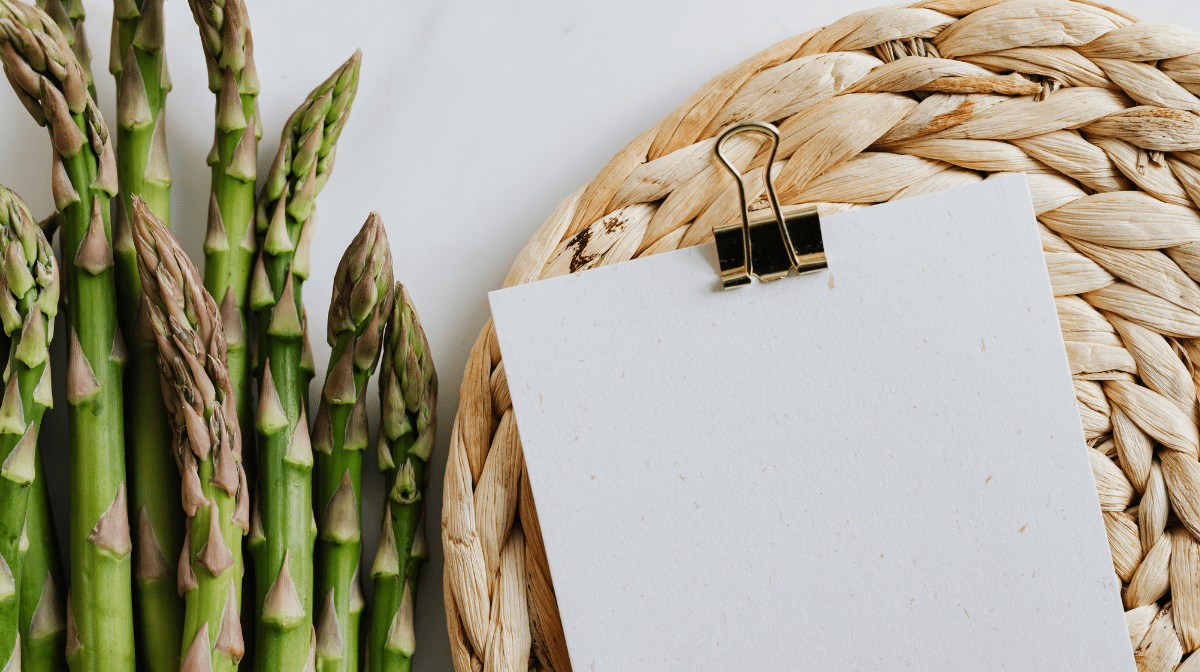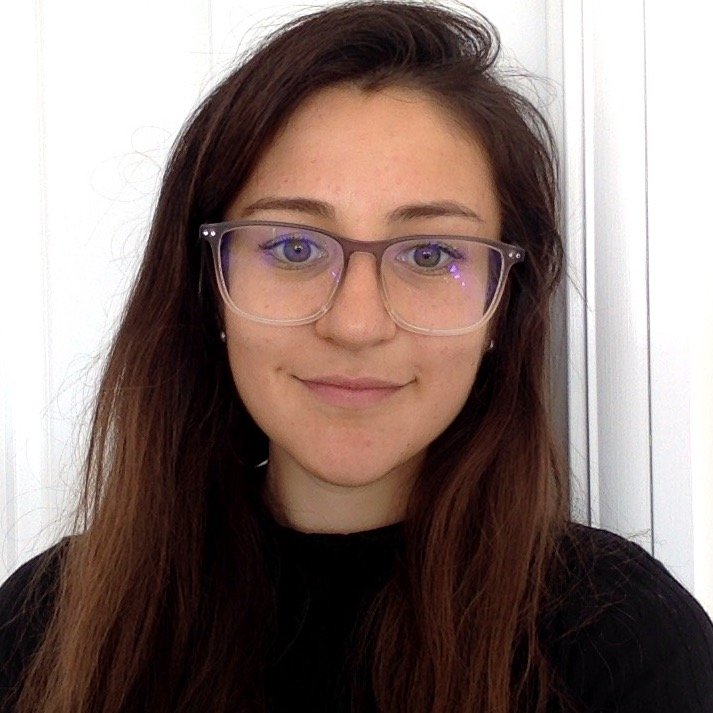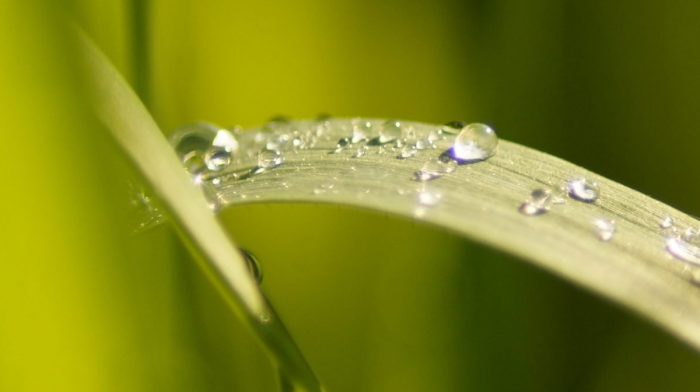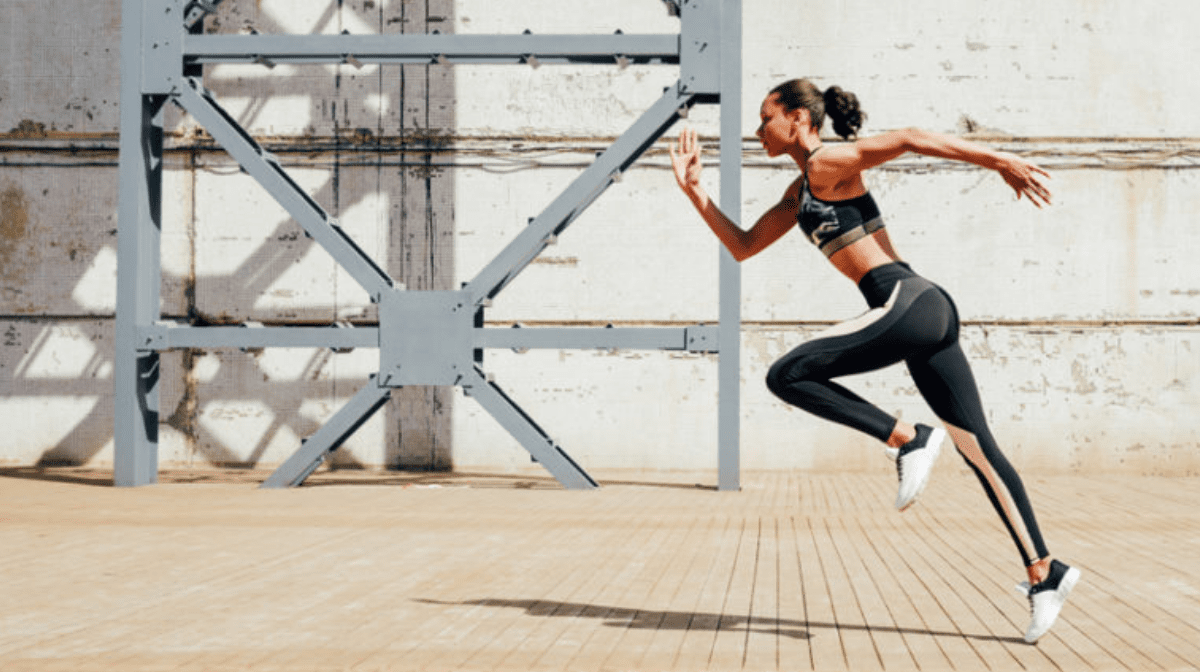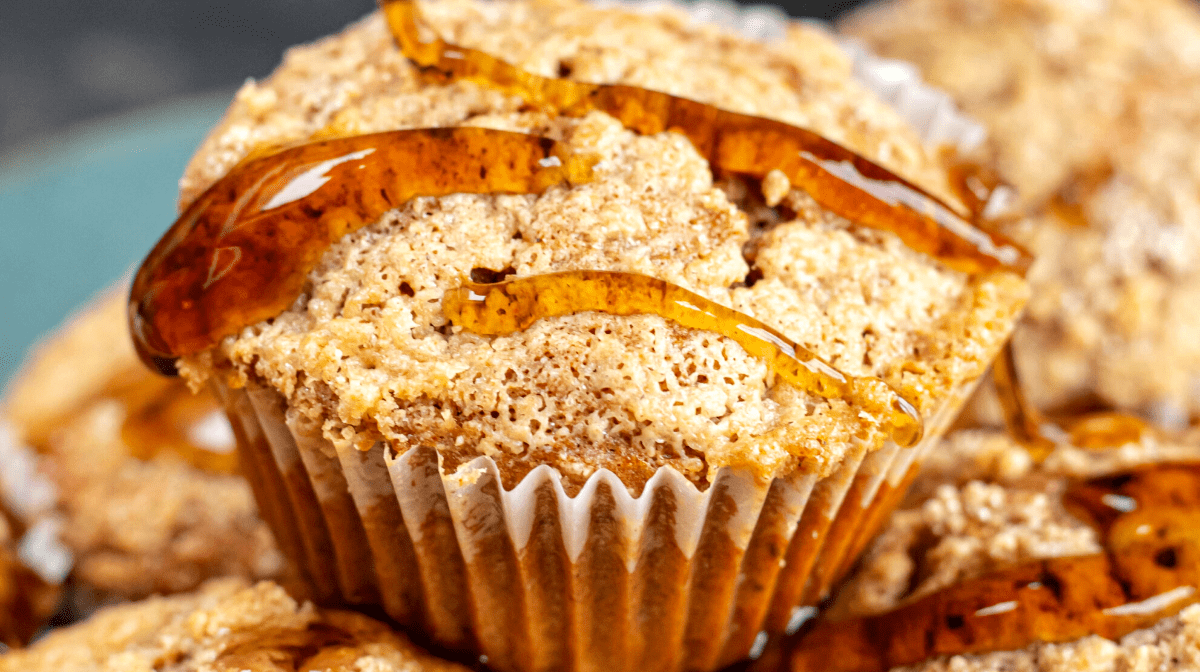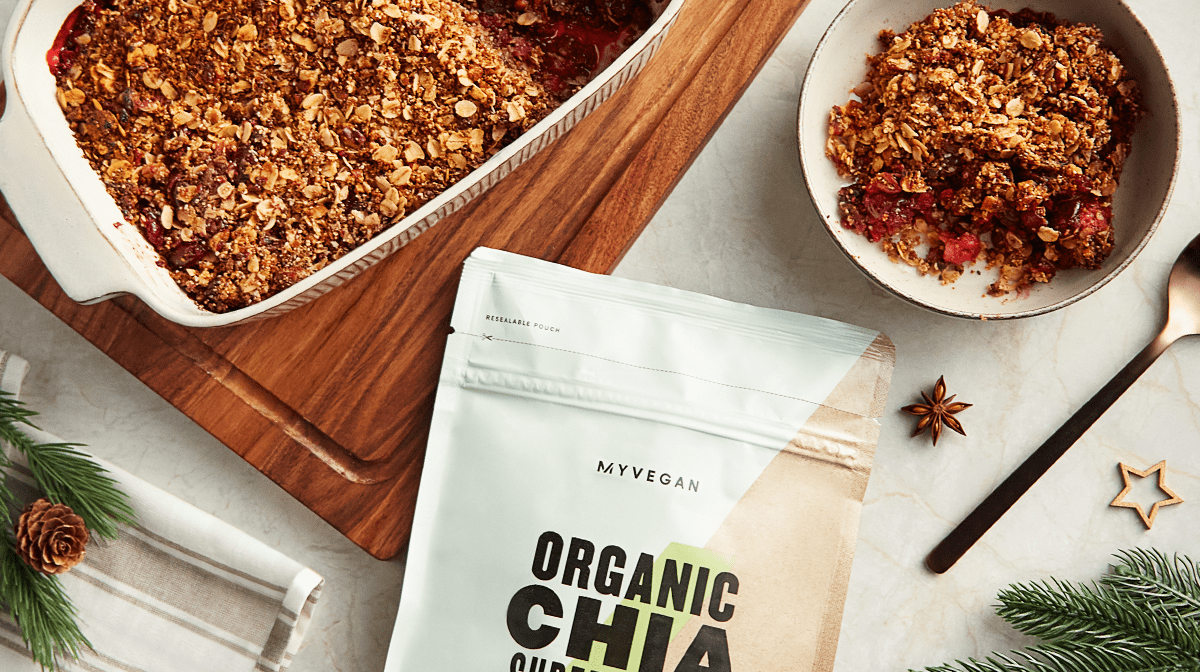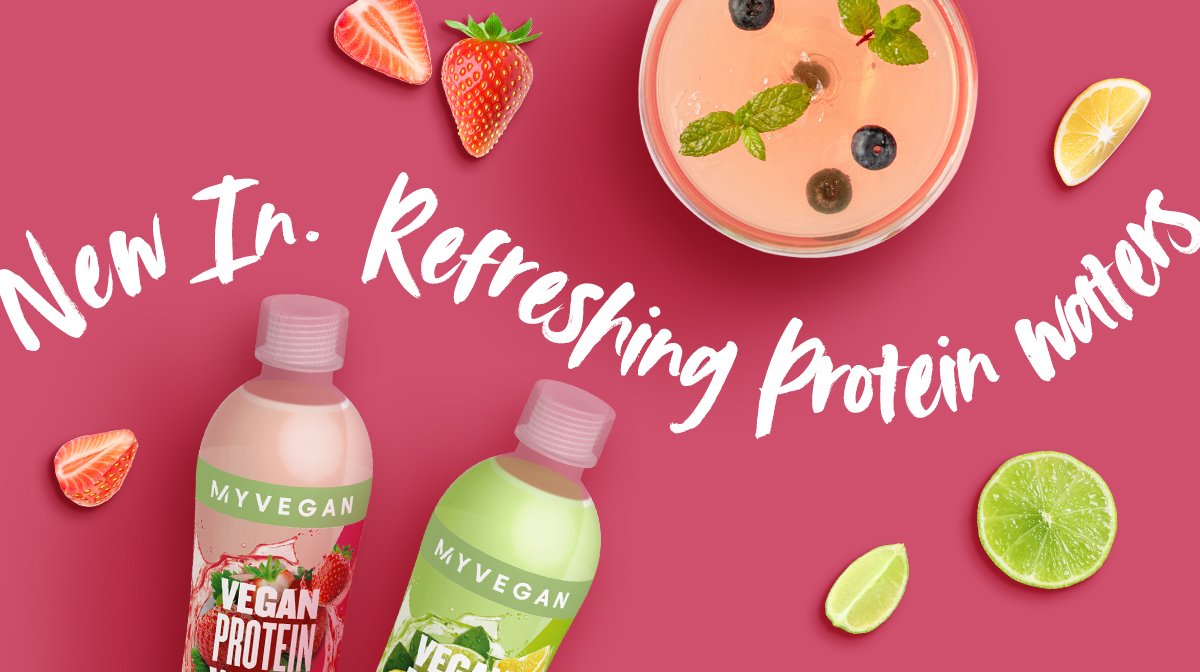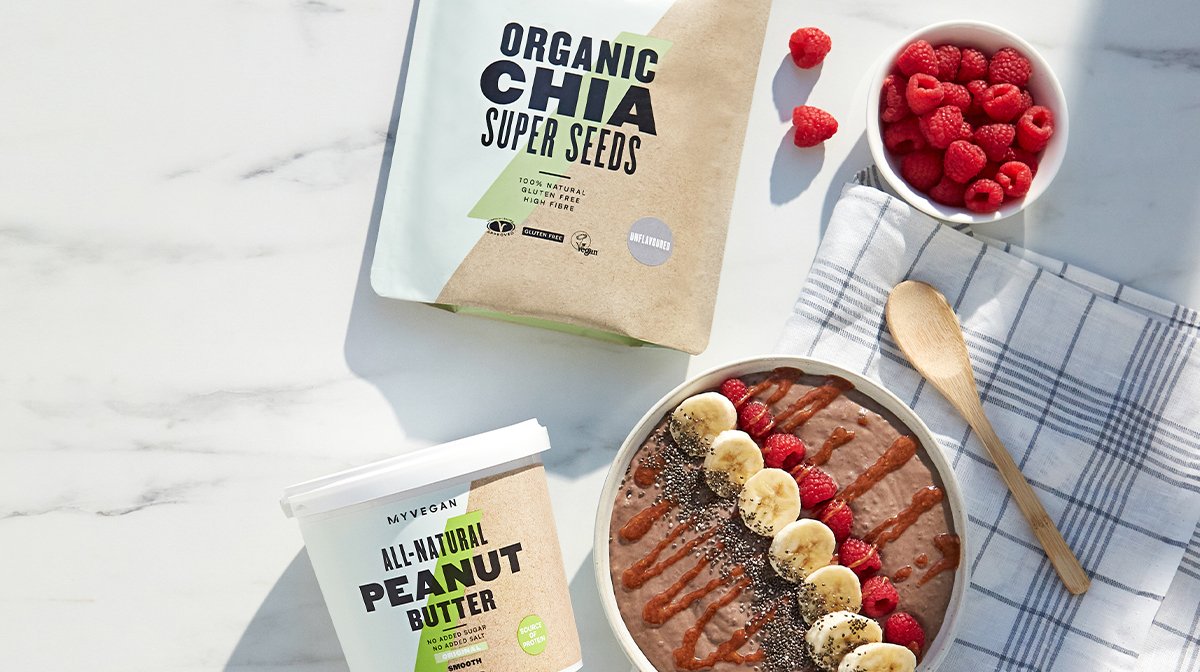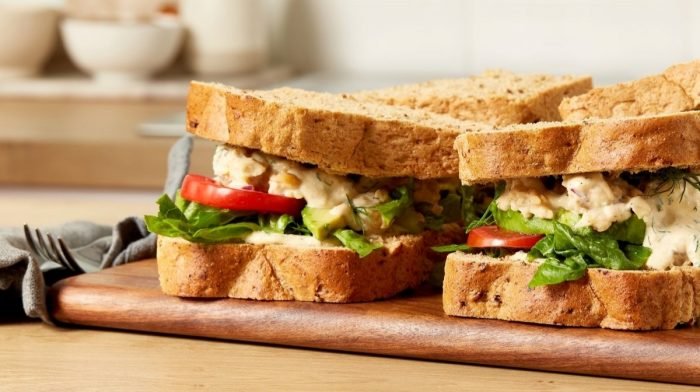Following the festive period, many of us are left with empty wallets and New Year’s resolutions so try and are more money-savvy. A minimalist lifestyle may help you not only save money but also improve mental health, well-being and live a more sustainable lifestyle.
What Is Minimalism?
There are variations of minimalism; some people follow certain rules about owning a certain number of items in their wardrobe, not owning personal transport, or avoiding clutter in the home (often seen as extravagant and unnecessary items). However, the crux of minimalism is to live with fewer possessions and reduce the number of unnecessary belongings. This is a lifestyle choice, with reductions ranging from clothes to furniture, books or make-up. Many minimalists often opt for more sustainable food choices as well; there is a strong correlation between vegetarian and vegan diets, as these types of diets have been shown to be better for planetary health.
What Does It Mean To Be A Minimalist?
How you practice minimalism should be a personal choice. Reducing clutter is the overall aim of minimalism; living a simpler and more minimalistic lifestyle has been shown to have many benefits. Examples include improved sustainability, improved well-being, and saving money at the end of the month.
Reasons To Become A Minimalist
Less physical clutter means less mental clutter
Many minimalists believe that ‘if it clutters your physical world, it clutters your mental world’. Living or working in a cluttered environment is also more likely to lead to higher levels of anxiety and stress. Owning fewer items means less time making choices, less time looking for misplaced items, and an overall more streamlined way of life. Reducing clutter may also improve work productivity.
Save money! Buying less = spending less
The easiest way to save money is to buy less! Whilst bills and other essential income are often outside of our control, assessing how you spend your disposable income at the end of the month may help to save money. Whilst you may think you can’t afford a holiday this year, saving money on non-essential purchases may add up over the course of the year. Due to the focus on avoiding unnecessary items, minimalism definitely has the advantage when it comes to money-saving lifestyles.
Establish what’s important to you and improve your wellbeing
There is ample evidence to suggest that a materialistic and consumeristic lifestyle is associated with lower levels of well-being. Focusing on material objects does not align with the intrinsic goals that drive us as human beings; according to self-determination theory, these goals include the need for ‘autonomy, competence and relatedness’. Focusing less on possessions allows a greater focus to be placed on meeting these internal needs and improving levels of well-being.
Minimising waste (inc. food waste) and protecting the plant
Whilst there is not necessarily a direct link between minimalism and planetary health, most people that practice minimalism tend to find they follow more ethical and sustainable practices. Many minimalists follow a vegan or vegetarian diet, which can be more cost-effective than diets that contain meat. Focusing on reducing food waste is also more cost-effective and helps to protect the planet.
Achieving your goals
Even small decisions such as choosing which outfit to wear in the morning, or what to pack for lunch can build up and lead to ‘decision fatigue’ Having fewer choices allow us to utilise our energy more efficiently, instead of being worn down by the smaller, everyday decisions. Removal of unnecessary distractions may leave you more time and headspace to work on and achieve personal goals.
Minimalist Tips
Invest in high-quality items (cost per wear)
Cutting down on the amount you buy means that items that are higher quality and last longer are more likely to be valuable. For example, buying a coat that costs £100 that lasts you for 4-5 years, is more cost-effective than buying a £30 coat that only lasts for one winter. Whilst this may not be achievable for everyone, try and make purchases consciously; ask yourself if you need this item, how often might you use it, how versatile would it be, and how does it fit with other items you own.
Meal plan
Having a fridge overflowing with food that often ends up in the bin is a sign of overconsumption and excess. Planning your meals each week will help you to buy only what you need each week. This will help to reduce food waste and also to save money!
Finish what you have before buying more.
Many of us are guilty of stockpiling smaller items like cosmetics and jewellery, so have a look through your bathroom cabinets for make-up and other beauty products. Making a rule not to buy any more until the products you own are finished is a good way of preventing further build-up of unnecessary products.
Buy second hand
Not only is this often cheaper than new products, but buying second-hand is also more sustainable. Over 92 million tonnes of clothing end up in landfill each year, leading to the loss of precious land space and the production of toxic gases. Whilst sustainability is not an essential part of minimalism, many minimalists choose to follow sustainable practices. This helps to protect the planet and also save money on higher quality items that otherwise may be unaffordable.
Declutter regularly
It’s easy for our homes to become cluttered, especially after the holiday season. Set aside sometime each month (or every few months) to go through certain areas of your home and declutter. Donate where possible instead of throwing things away – ask friends if they might want the items you no longer have room for, sell on online marketplaces or donate to charity.
Take Home Message
Minimalism is not just about owning 10 t-shirts, only using public transport, and having a home devoid of furniture. Minimalism is a lifestyle that can be personalised to fit you and your preferences. It may have a positive impact on your finances, well-being, and the planet.
FAQs
What should a minimalist keep?
How many items and which items you keep are completely personal to you. You do not need to rid yourself of everything you own to become a minimalist; instead, the focus should be on removing unnecessary items.
How do I train myself to be a minimalist?
Like most habits, it can be easiest to implement minimalism gradually. Start be decluttering one room of your home at a time. If this is still too overwhelming, start even smaller – declutter a wardrobe, a cupboard, or even one drawer. Don’t be frustrated if you don’t finish decluttering in one day! It would have taken many years to build up clutter.
Is it healthy to be a minimalist?
Most minimalists find that they have a greater sense of well-being and an improvement in mental health. Many minimalists also follow a vegan or vegetarian diet; dietary types that have been shown to have many health benefits compared to diets that contain meat.
What is the hardest thing about being a minimalist?
The hardest thing about being a minimalist is breaking habits – you may be used to buying a new dress for going out this weekend. However, ask yourself if you really need to buy another item of clothing. Do you already own something you can wear? Can you borrow from a friend? Why are you really buying a new dress? Stopping and asking yourself why you want to own another item can be the start of your minimalist journey.
What shouldn’t minimalists buy?
There should be no off-limits when it comes to minimalism, as the focus is on reducing items that you find unnecessary. This is likely to be different for everyone. For example, those that live in London or other cities may find a car to be unnecessary, whilst those that live in the countryside may consider this to be essential.
How long does it take to go minimalist?
Being a minimalist is just as much about the thought process as it is about physical items. Training yourself to think about whether you consider an item to be necessary can take longer than the initial decluttering process. For many, it can take time to find a balance that works best but is often worth the wait.
Sander E. The case for finally cleaning your desk. [Internet]. Harvard business review. 2019. Available from: https://hbr.org/2019/03/the-case-for-finally-cleaning-your-desk [cited 2022 Dec 19]
Ryan R, Deci E. Self-determination theory: basic psychological needs in motivation, development and wellness. 2017. NY: Guildford Press.
Lloyd K, Pennington W. Towards a theory of minimalism and wellbeing. Int J App Posit Psychol. 2020; 5: 121-136
Dopierala R. Minimalism – a new mode of consumption? Eur J Soc Sci Hum. 2017; LXVI(4): 67-83
Igini M. 10 stunning fast fashion waste statistics. [Internet}. Earth.org. 2022. Available from:
https://earth.org/statistics-about-fast-fashion-waste/ [cited 2022 Dec 19].
Olivia M. Minimal: how to simplify your life and live sustainably. 2020. London: Erbury Press.
